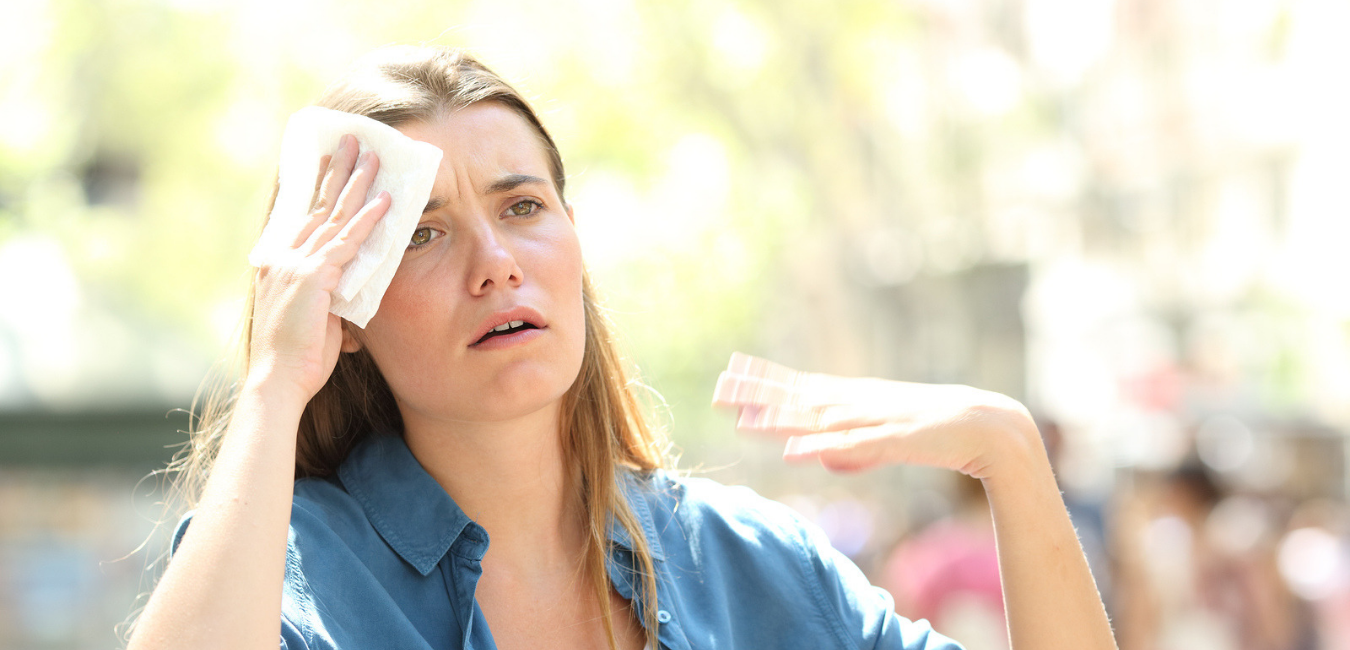
The sun is shining bright, the beaches are open, the temperature’s rising…and so is your anxiety? Increased anxiety in hotter weather is a real thing, and if you experience it, you are not alone.
Research, such as a study done by the Japanese Society of Psychiatry and Neurology backs the association between increased temperatures and increased anxiety. As does a 2018 study published by the American Physiological Society. Both studies found that higher temperatures can trigger an increase in the stress hormone cortisol. This increase in cortisol can lead to restlessness, palpitations, increased heart rate, nausea, and tiredness – which are all common symptoms of anxiety.
The increased heart rate, dizziness, palpitations, and dehydration that are associated with hot and humid temperatures, can increase anxiety and mirror the symptoms of a panic attack. But it’s not just the temperature that can contribute to these experiences- it can be an increase in social activity and the social anxiety that can go along with that.
Summer is a time of travel, weddings, vacations, family reunions, and all sorts of social outings that, when combined with the hot weather, can create the perfect storm of anxiety symptoms. In fact, some people become anxious just thinking about planning and going on vacation. Add in the increased pressure to be social, even when it’s 100 degrees out, and the feeling that you should be accepting every invite that comes your way, just makes it worse.
So what’s the solution?
Should you just stay indoors all summer long?
Of course not. While there are plenty of enjoyable indoor activities that can be done during particularly hot days, there are also many things you can do to lower your anxiety symptoms when you are outdoors.
Let’s take a look at some of them:
If your heat anxiety is making it difficult for you to live a full life, or you think you may have an anxiety disorder, it’s important to seek professional help. Together, you can work through the thoughts, feelings, and emotions associated with the higher temperatures, as well as make a plan for how to manage these. With a little help, you’ll find yourself able to go to that barbecue, the beach, or just lay out by the pool with ease- and plenty of water.